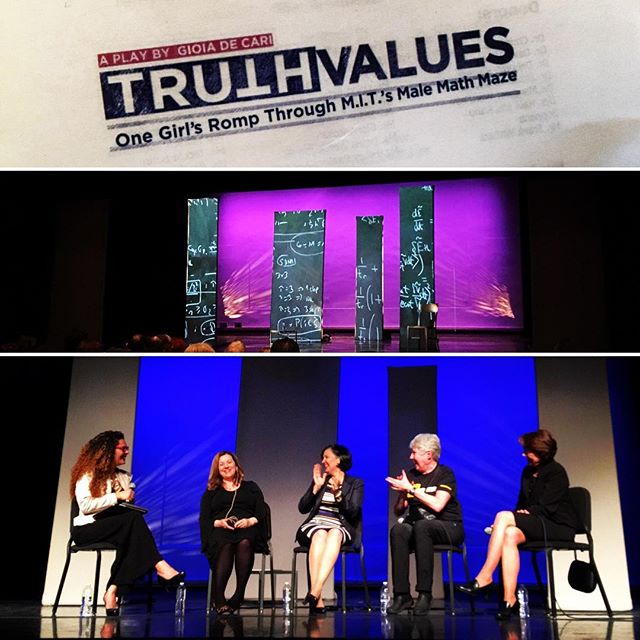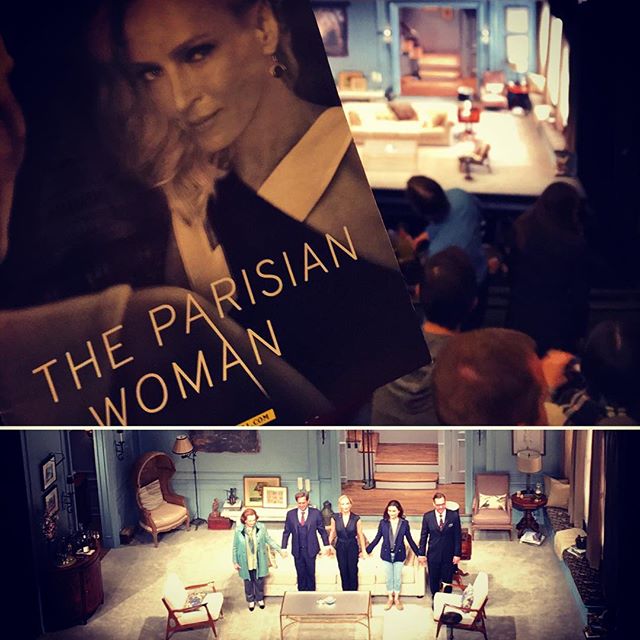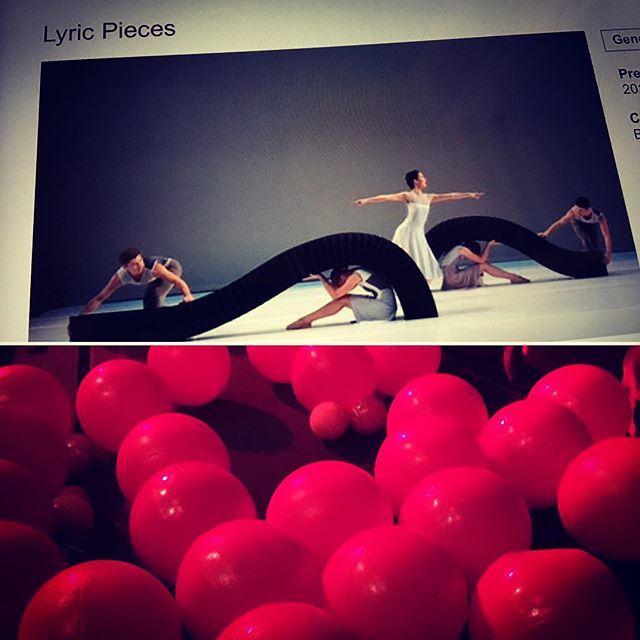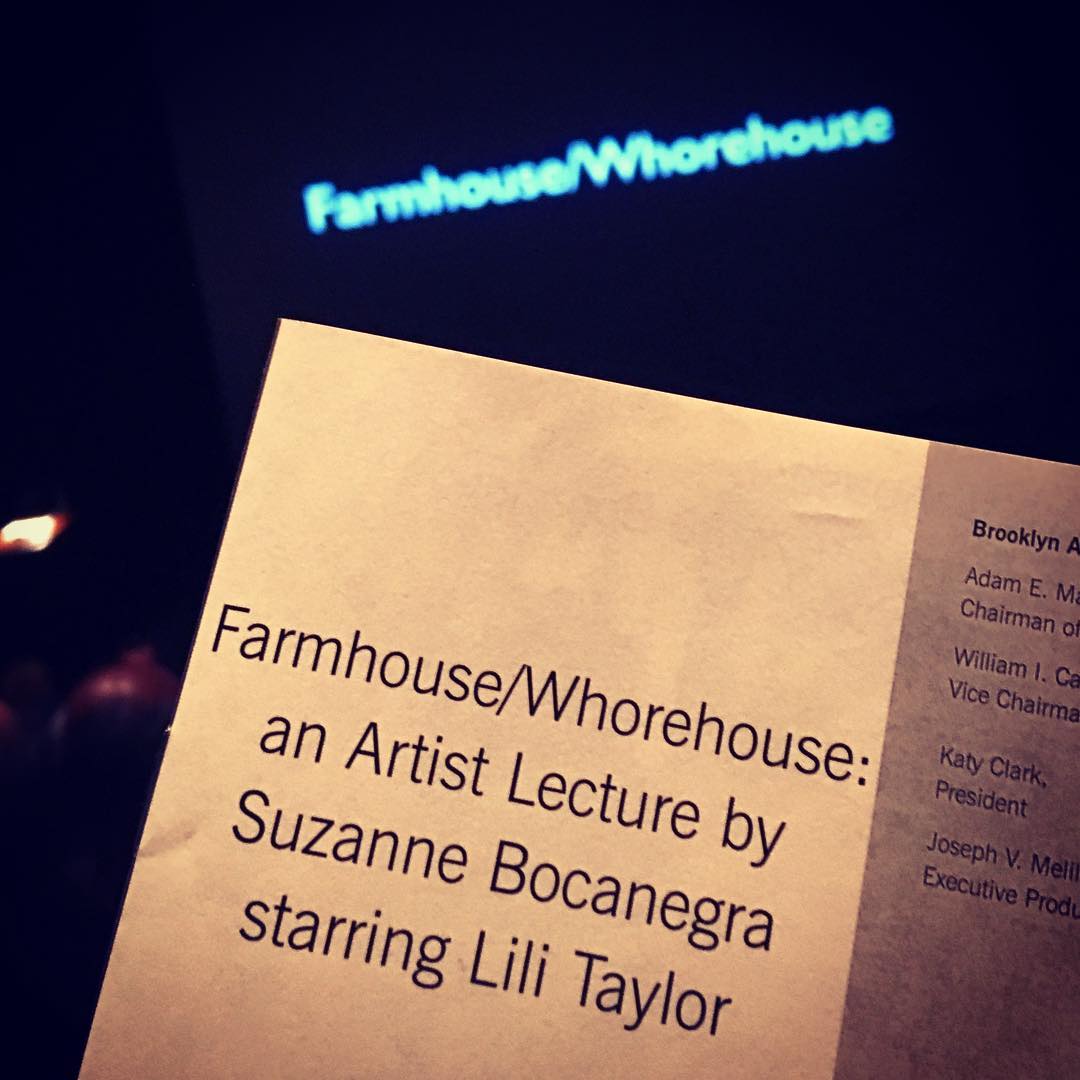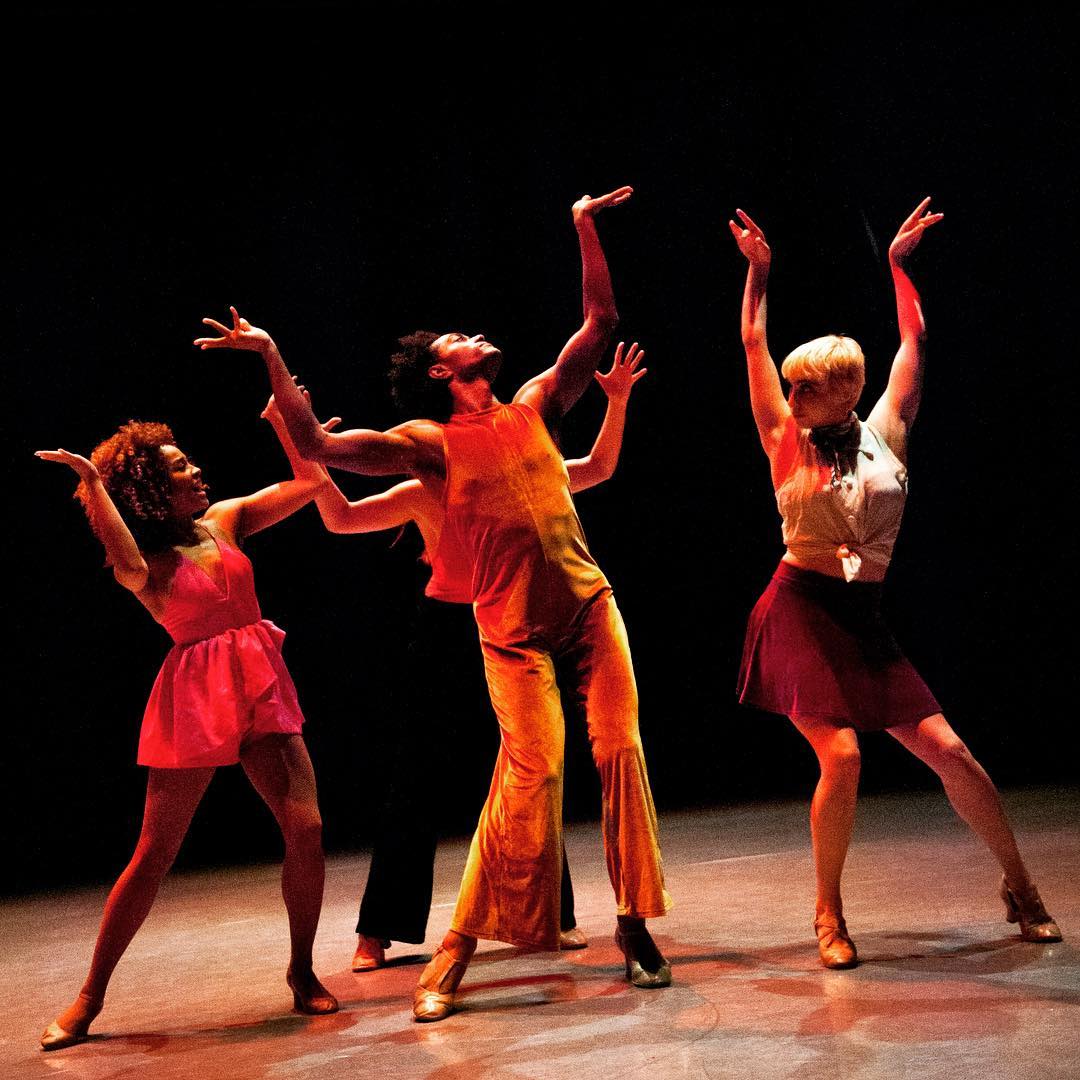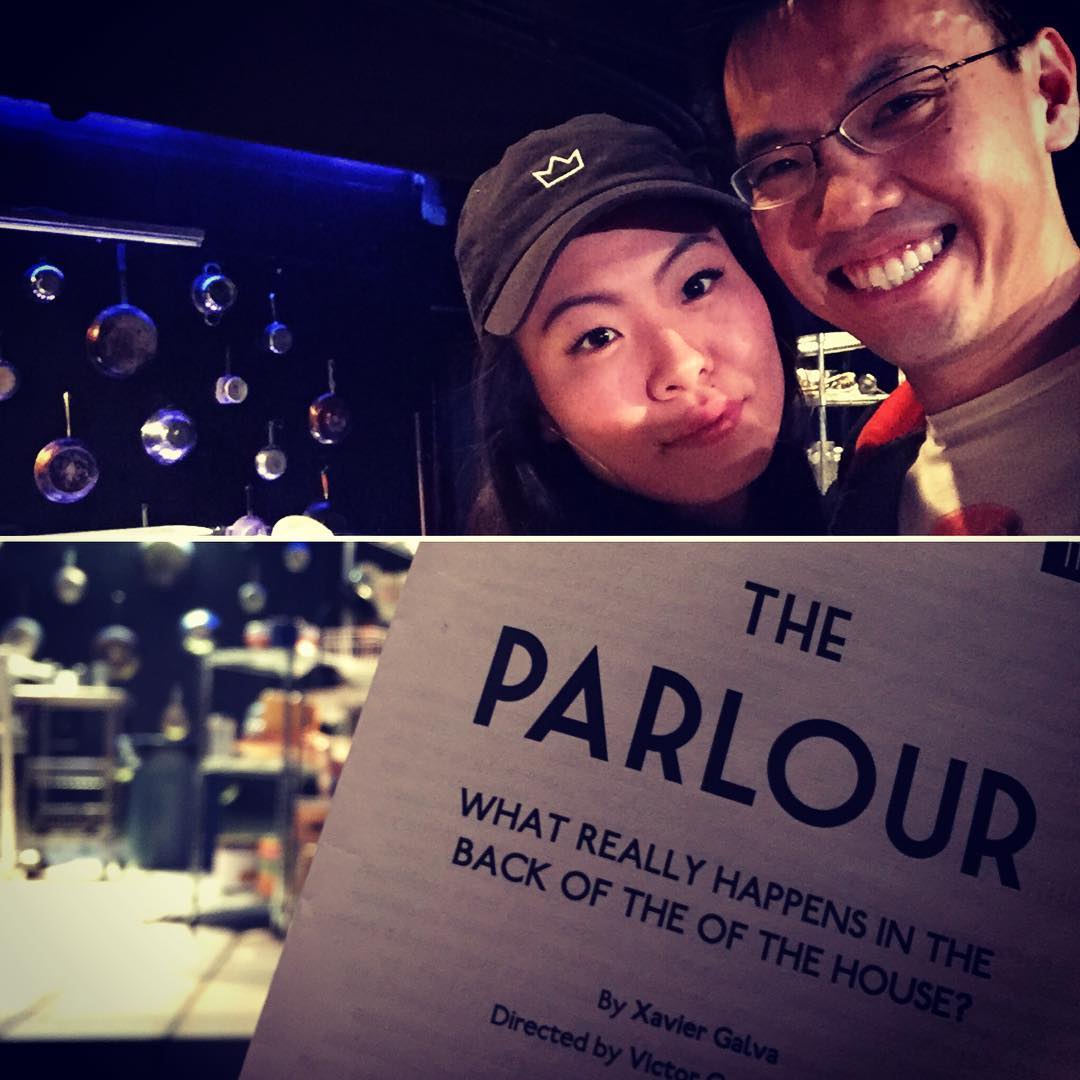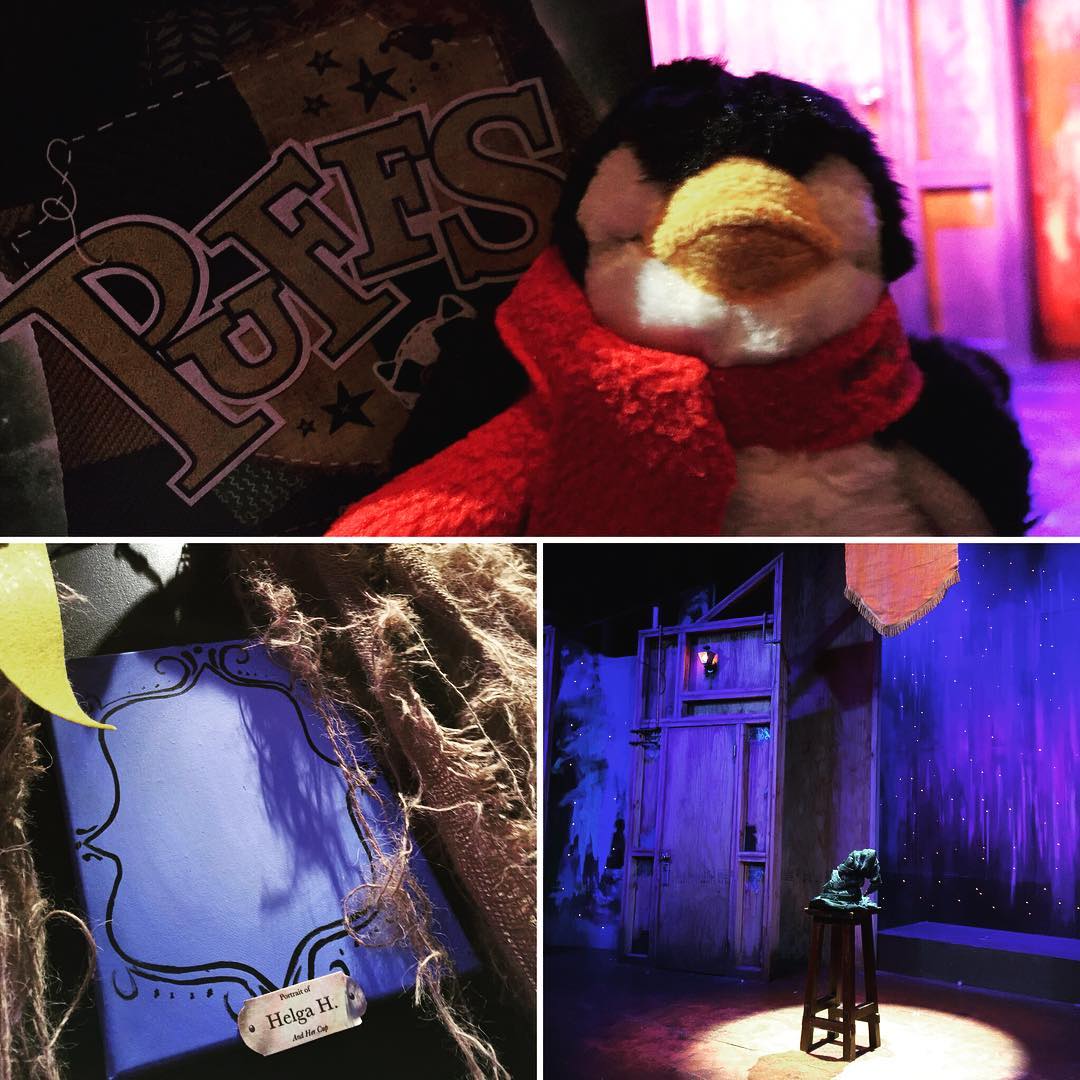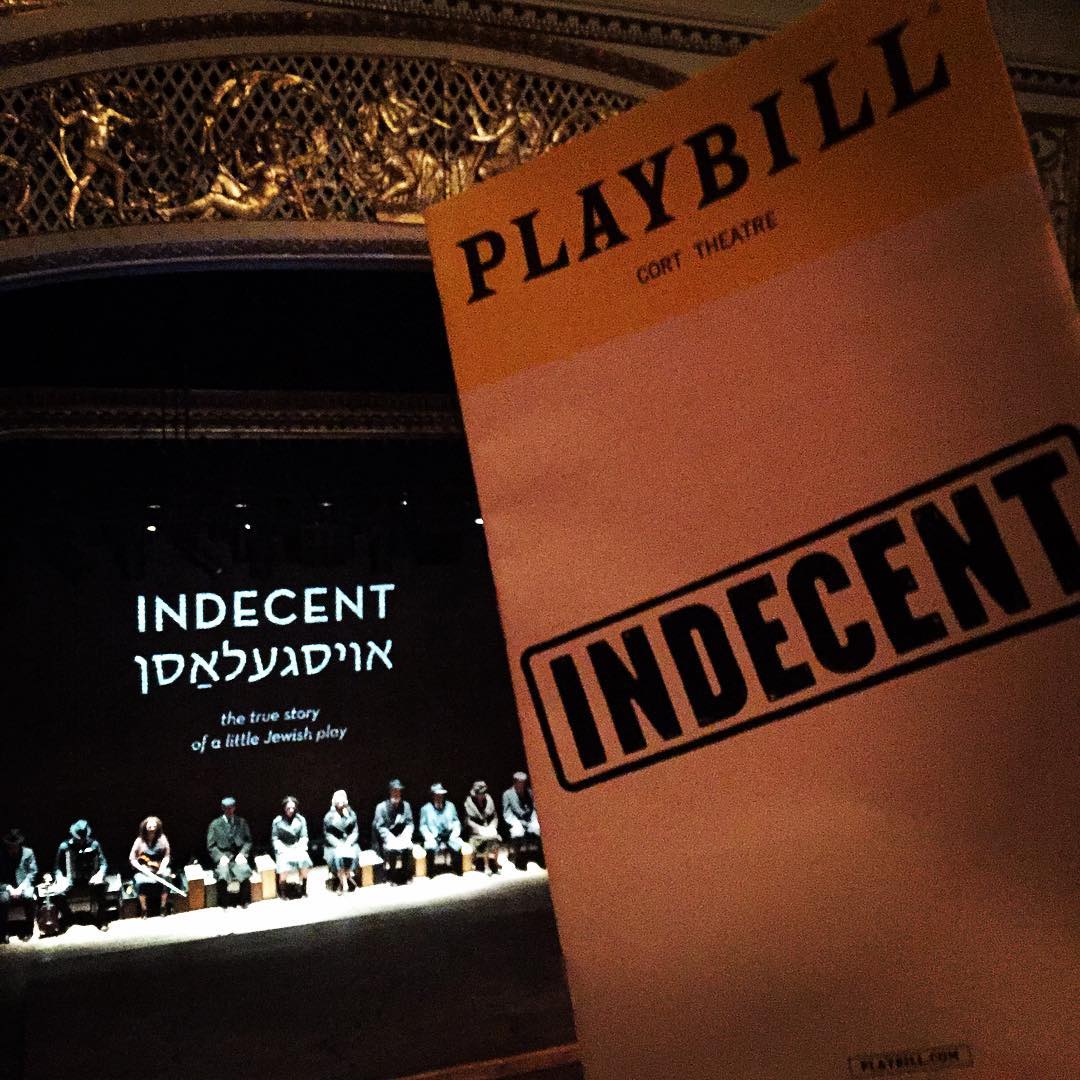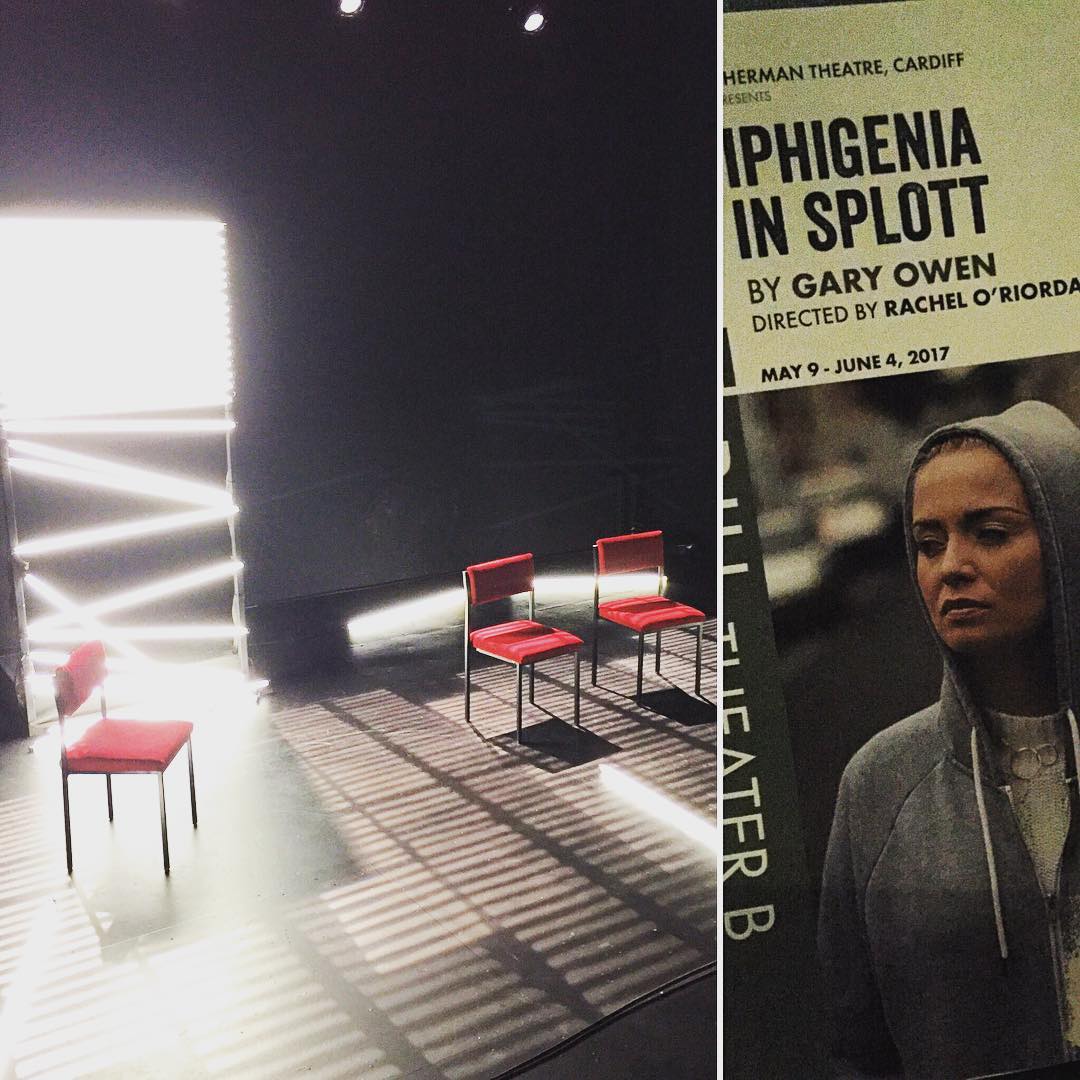“Truth Values: One Girl’s Romp Through MIT’s Male Math Maze” by Gioia De Cari
Thank you for sharing your story, Gioia! Congratulations for bringing your play to Off-Broadway and launching the mentoring program for graduate women in STEM fields (Science, Technology, Engineering, and Mathematics).
Thanks also for the advice from the panel of amazing pioneering women in STEM: Maria Klawe (President, Harvey Mudd University), Mary Boyce (Dean of Engineering, Columbia University), Ivonne Díaz-Classie, (Founder of HISPA).
All of my worlds collided at “Truth Values” a one-person play written and performed by Gioia at the Miller Theatre tonight.
The immense pressure of pursuing a PhD degree at a world’s top-ranked engineering university (Stanford and MIT). Balancing our diverse interests in STEM and the performing arts. Computer science vs dance for me. Mathematics vs theatre for Gioia.
Yet, despite all the challenges that I faced during my PhD, I was never once asked “to bring cookies to a seminar” because of my gender. To be questioned why I wasn’t at home with kids when things get tough. To be introduced by my spouse’s name.
Also, one of my closest friends in the Stanford University Computer Science PhD program never told her parents that she was admitted.
She was in the world’s top-ranked computer science program, that produced Google, Yahoo, Instagram among other academic and commercial success. She was amongst researchers who introduced the mouse, the internet, and self-driving cars to the world. Yet, she never told her parents what she achieved… because they didn’t think women should go into engineering.
Bravos to Gioia… and many many kudos!!!
More info: http://unexpectedtheatre.org

